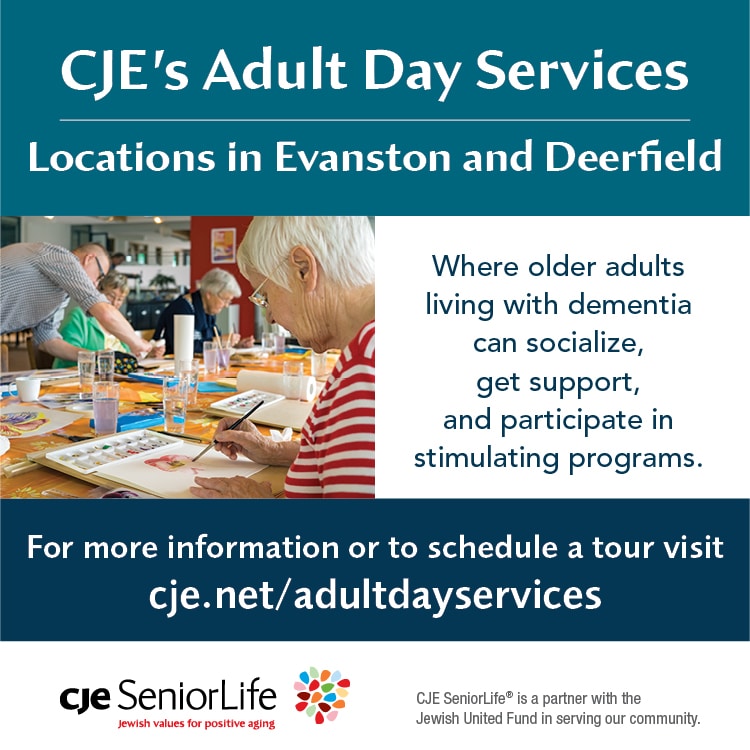By Eleanor Laise, Kiplinger’s Retirement Report
Caring for someone with dementia can present a host of difficult questions. When should the patient be moved to a long-term-care facility? Would she want to participate in experimental drug trials? Under what circumstances would she want life-sustaining treatments?
A growing array of advance-planning documents are helping seniors facing Alzheimer’s disease or other forms of dementia gain a greater voice in answering such questions. Some of the documents can work hand in hand with existing advance directives outlining wishes for end-of-life care. Others focus on day-to-day decision-making, such as documenting the patient’s preferences for who should provide care at home.
The documents help address a major challenge for families and caregivers, who are often left to wonder whether they’re honoring an Alzheimer’s patient’s wishes.
“When we talk to families, everybody wants to do the right thing, but they’re not always sure what the right thing is,” says Ruth Drew, director of family and information services at the Alzheimer’s Association.
People completing these documents include those in the early stages of Alzheimer’s, as well as those who have a family history of the disease or have provided care for a patient and seen its effects up close.
“Most people diagnosed with dementia and Alzheimer’s have a window of capacity where they can still make legal documents and consider their future,” says Robb Miller, executive director of the Washington state arm of Compassion and Choices, a patient advocacy group.
Miller’s organization recently started offering a “mental health advance directive” designed for people facing dementia. The document lets users communicate how they’d like to be cared for on a day-to-day basis as their disease progresses. This includes preferences for caregivers and how care should be financed.
The document, available at www.compassionwa.org, conforms with Washington state law on mental health advance directives but may not be legally binding in other states. Users may be able to adapt the document to conform with their own state’s laws, but they should first consult with an elder-law attorney, Miller says.
SETTLE FUTURE CONFLICTS NOW
The document’s primary value, however, may lie not in its legal weight but in resolving potential disagreements among family members or care providers. Having your wishes documented “can be extremely helpful in a situation where conflict arises,” Miller says.
Other advance-planning documents help users communicate their views on a particular issue. The Alzheimer’s Association, for example, offers a “driving contract” that allows the patient to designate someone to tell her when it’s no longer safe to drive. Go to www.alz.org and enter “driving contract” in the search box.
Some patient advocates also suggest that seniors consider augmenting a conventional living will–which communicates preferences for end-of-life care–with language that deals specifically with dementia. The reason: Many states’ standard living-will forms focus on scenarios where the patient is terminally ill or permanently unconscious–and don’t address situations where the patient may have dementia.
Compassion and Choices offers a “dementia provision” that can be added to a standard advance directive to make it clear that the patient wishes the living will to take effect under specific conditions where she remains conscious but is unable to communicate, safely swallow food and water, and recognize other people.
The document is available at www.compassionandchoices.org. Other forms, such as the “Five Wishes” document available on the Aging with Dignity Web site (www.agingwithdignity.org), leave space for users to describe specific conditions under which they don’t want life-sustaining treatment.
Be sure to discuss your wishes with anyone you have designated to make health care choices when you are incapacitated.
“People aren’t comfortable asserting their authority unless you’ve talked to them,” says Barbara Coombs Lee, president of Compassion and Choices.












